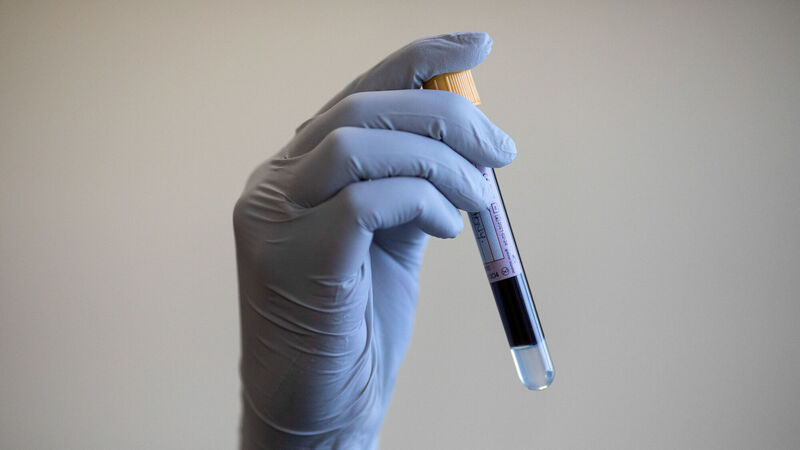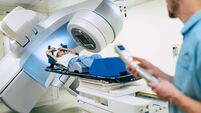'Holy grail' blood test for more than 50 cancers delivers 'exciting' results

The test works by identifying DNA in the bloodstream that has been shed by cancer cells, giving the earliest signs somebody may have the disease.
A blood test that screens for more than 50 cancers is correct in 62% of cases where it thinks people may have the disease, a study has found.
The Galleri test, which can be given annually, looks for the "fingerprint" of dozens of deadly cancers, often picking up signs before symptoms even appear.













